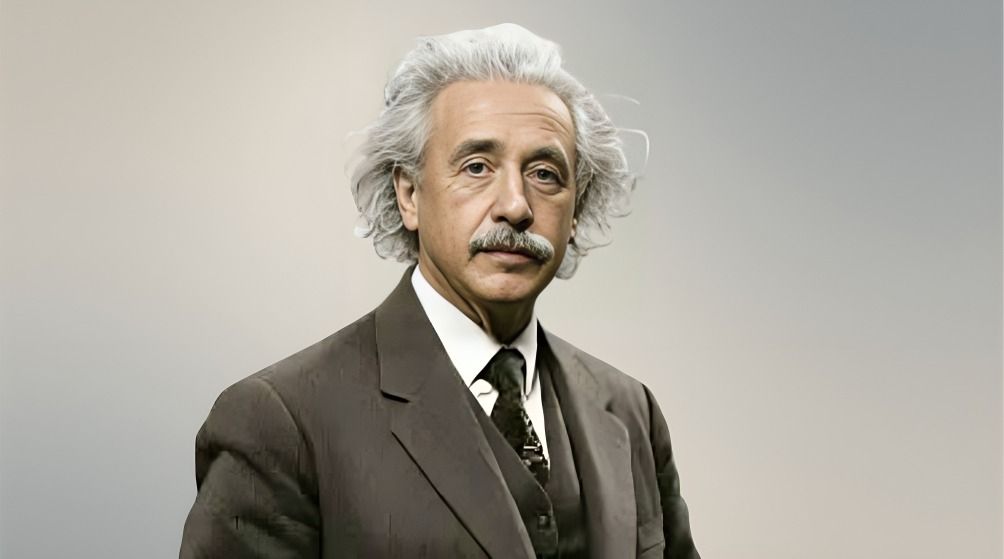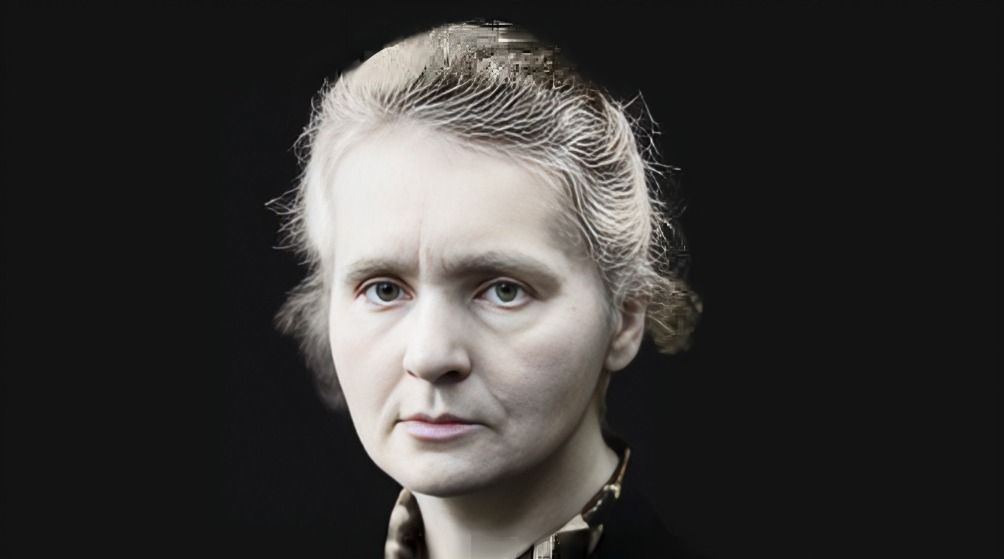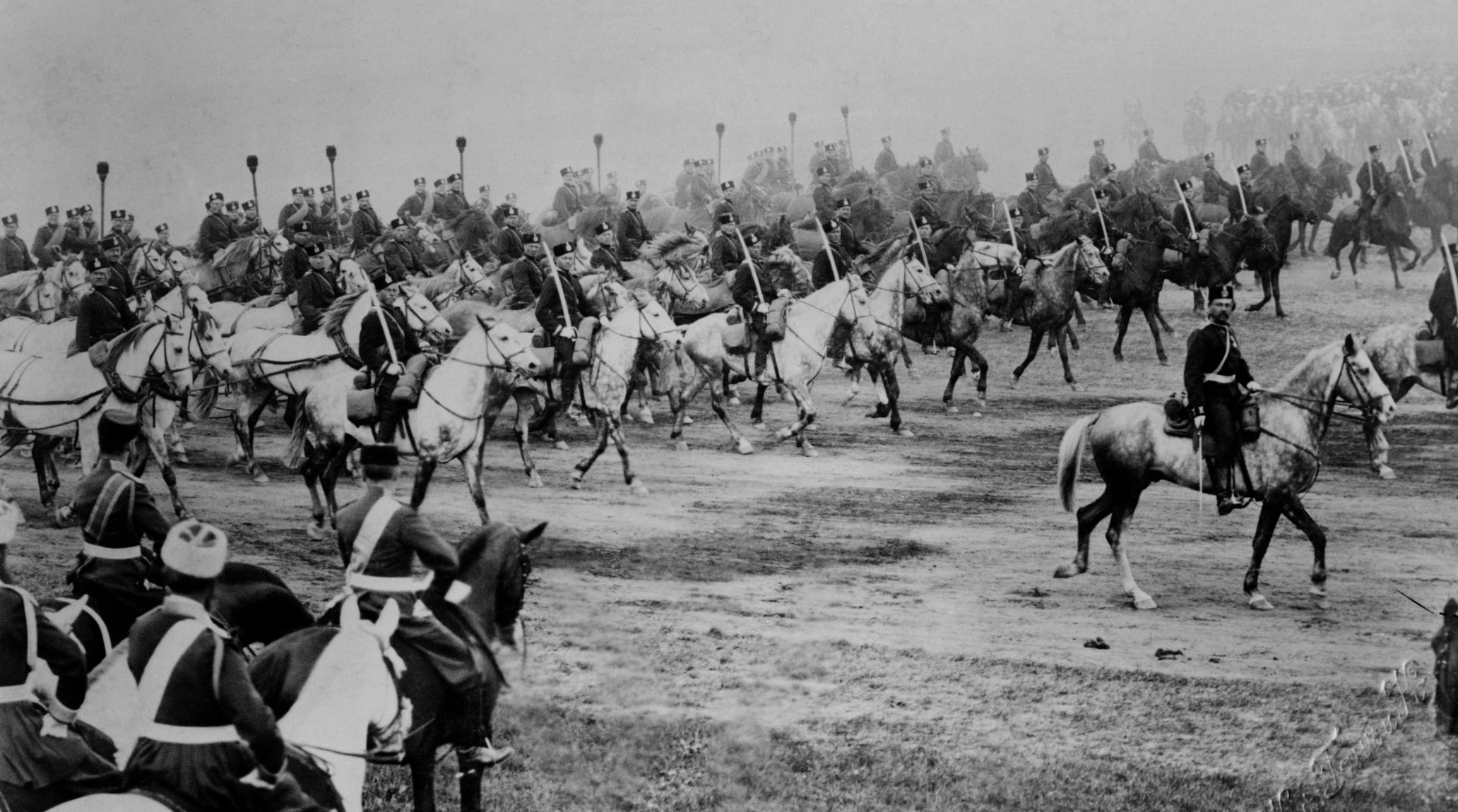
“
The causes of World War I are complex and multifaceted, shaped by political, economic, and social factors that culminated in one of history's deadliest conflicts. In this blog, we will delve into 20 facts about the causes of World War I, uncovering the key elements that led to the outbreak of war. From the rise of nationalism to the complex system of alliances between European powers, each factor played a crucial role in escalating tensions. The assassination of Archduke Franz Ferdinand is often cited as the immediate trigger, but the deeper causes—imperialism, militarism, and the failure of diplomacy—created a volatile environment. These causes of World War I were not just events in isolation but were deeply intertwined, contributing to the war’s global scale. Through these 20 facts, you will gain a better understanding of how these forces interacted to spark a war that reshaped the world.1
”
The assassination of Archduke Franz Ferdinand of Austria-Hungary by Gavrilo Princip, a Serbian nationalist, in Sarajevo in June 1914 directly triggered World War I, leading to a cascade of declarations of war.1
Europe was divided into two alliances: the Triple Alliance (Germany, Austria-Hungary, Italy) and the Triple Entente (France, Russia, Britain), creating divisions that made war nearly inevitable.2
Nationalism in Eastern Europe fueled tensions, as ethnic groups like Serbs and Slavs sought independence from empires like Austria-Hungary, destabilizing the region and contributing to war.3
Imperialistic competition for colonies in Africa and Asia increased tensions among European powers, escalating hostilities and distrust, further contributing to the volatile pre-war international situation.4
The early 20th-century arms race saw European nations rapidly building military strength, modernizing armies, and developing new weapons, raising fears and making war seem inevitable.5
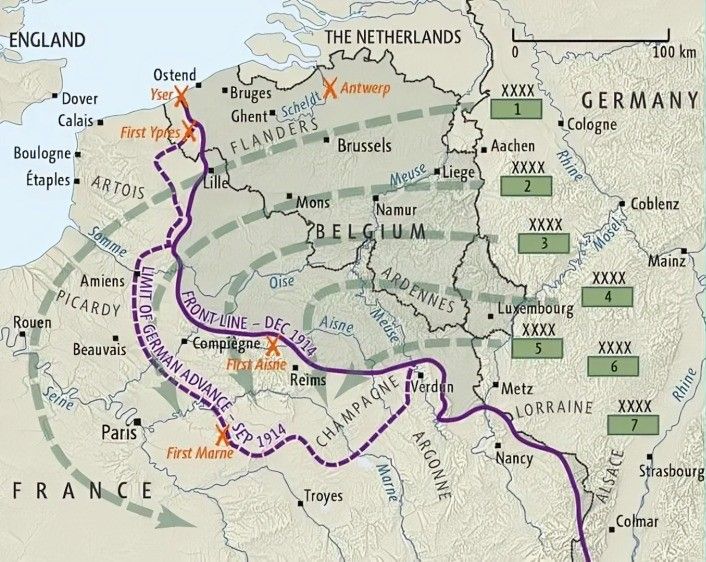
Germany's Schlieffen Plan aimed at defeating France quickly before turning east to fight Russia. Its failure to swiftly defeat France contributed to the larger scale of the conflict.
The assassination of Archduke Franz Ferdinand was the immediate cause of World War I, but the complex web of alliances and pre-existing tensions made the war’s outbreak much more likely and inevitable.6
Austria-Hungary, angered by Ferdinand's assassination, issued an ultimatum to Serbia, resulting in war declarations. This sparked a chain reaction, involving Russia, Germany, and eventually all of Europe in the conflict.7
Russia’s commitment to defend Serbia led to its mobilization against Austria-Hungary. Germany’s declaration of war on Russia escalated the conflict by involving other nations.8
Britain entered World War I after Germany violated Belgium’s neutrality by invading France. This breach of international law led Britain to declare war on Germany in August 1914.9
France, still smarting from its defeat in the Franco-Prussian War of 1870, feared German expansion and sought to avenge its loss. This fear of German aggression led to France joining the war.10
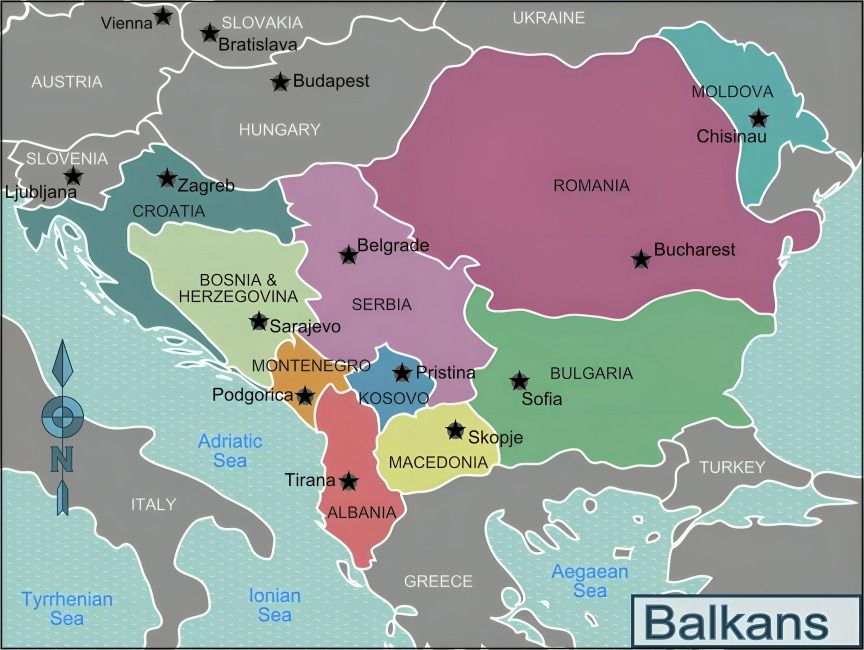
The Balkans, known as the "Powder Keg of Europe," had long been a region of intense ethnic and nationalistic conflict. The instability there was a major factor contributing to the start of the war.
Germany offered Austria-Hungary a “blank check,” promising unconditional support in any actions it took against Serbia. This gave Austria-Hungary the confidence to escalate its conflict, leading to broader war declarations.11
Kaiser Wilhelm II’s militarism and expansionist policies pushed Germany toward war, heightening tensions with Britain, France, and Russia through his pursuit of global dominance.12
Secret alliances and treaties played a critical role in expanding the war. Many agreements were undisclosed to the public, leaving nations bound by commitments to fight, even when they hadn’t directly been attacked.13
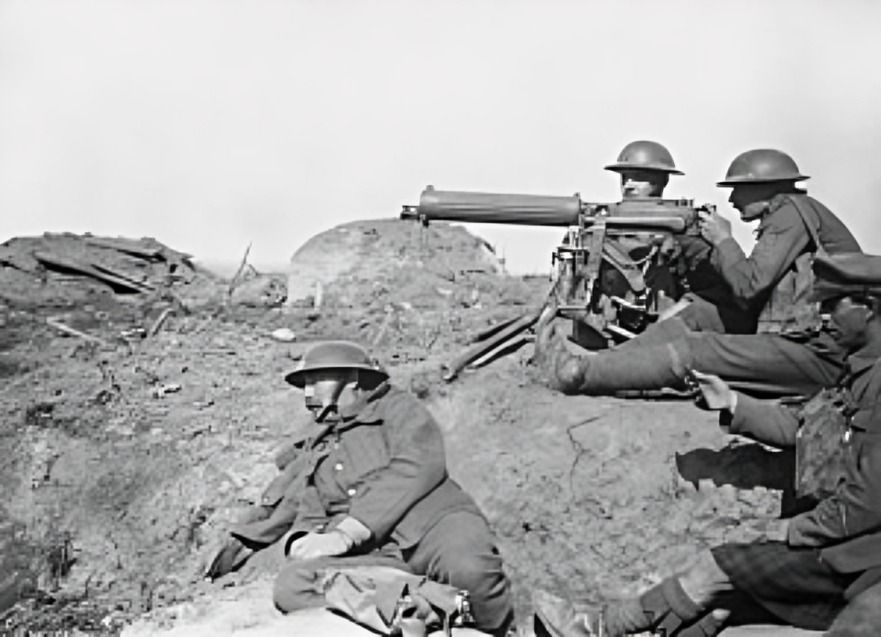
New military technologies like machine guns, tanks, and airplanes made warfare deadlier and more efficient, leading to unprecedented casualties and devastation during World War I.
Diplomatic efforts to prevent war, such as peace conferences and negotiations, failed because of rigid alliances and a lack of compromise. The lack of flexibility in diplomacy led to the inevitable escalation into a world war.14
The naval arms race between Britain and Germany, each striving to have the superior naval fleet, escalated tensions. This rivalry not only increased distrust but also pushed nations toward greater military preparedness.15
The Ottoman Empire, seeking to regain lost territories and maintain power, joined the Central Powers. This drew more nations into the war and further complicated the alliances and the dynamics of the conflict.16
As nations honored alliances, the conflict quickly spread beyond Austria-Hungary and Serbia, expanding into a global-scale war that became World War I.17

